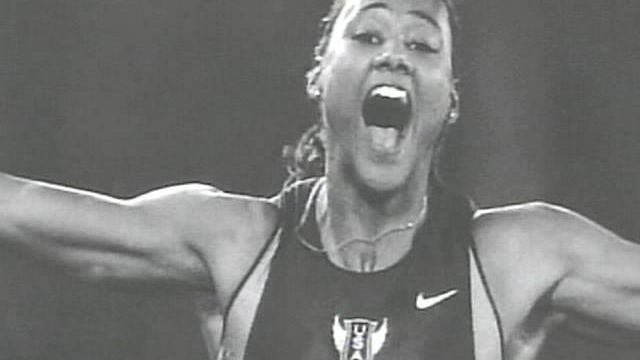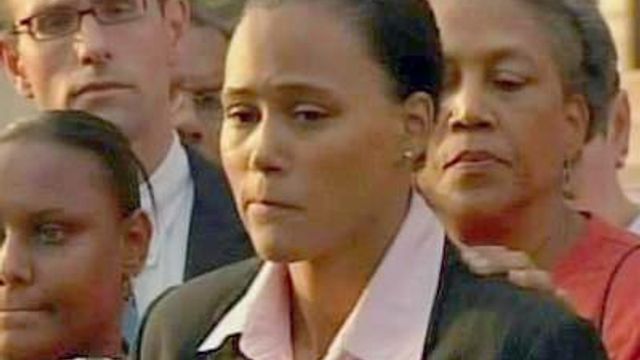Local News
UNC-CH Officials Deciding Whether to Display Jones' Pictures
UNC-Chapel Hill officials are trying to decide whether to take down pictures of former star athlete Marion Jones who admitted Friday that she used performance-enhancing drugs.
Posted — UpdatedCHAPEL HILL, N.C. — UNC-Chapel Hill officials are trying to decide whether to take down pictures of former star athlete Marion Jones who admitted Friday that she used performance-enhancing drugs.
For years, Jones angrily denied using steroids. On Friday, she admitted it was all a lie. The three-time Olympic gold medalist pleaded guilty to lying to federal investigators when she denied using performance-enhancing drugs.
She also pleaded guilty to a second count of lying to investigators about her association with a check-fraud scheme.
Dennis Craddock, Jones’ former coach at UNC, spoke out Friday about the doping scandal.
Craddock has been in charge of Carolina's track and field program for 22 years. He said Jones helped Carolina win some of the NCAA banners hanging in the Eddie Smith Field House.
Despite Jones’ admission Friday, his support for her hasn't wavered.
“I’ve always been proud of her,” Craddock said.
He prefers to focus on the Jones he coached for three years back in the mid-90s at Carolina.
“I mean, everything you wanted, she was that,” he said.
Jones' winning moments as a college All-American and a professional track star are documented in Carolina's track and field Hall of Fame.
“She actually earned the right to get into our Hall of Fame by becoming an Olympian,” Craddock said.
When Jones denied allegations of steroid use back in 2004, Craddock said he believed her. But he admitted he had some doubt, especially after noticing the changes in her body over the years.
“You saw it become chiseled and very cut,” he said. “It’s cheating. You just hate to think that one of your own would have done this somewhere along the way.”
Craddock said he believes part of Jones’ problem was her inner circle when she left Carolina.
“If your inner circle is not supportive, positive or on the right track, then those people can lead you in the wrong way,” he said.
Craddock said Jones’ down fall should be a lesson to every young athlete who wants to be like her.
“If you make the wrong choices, there are consequences, and Marion is having to pay that consequence,” he said. “She’s a very nice and good young lady, but she made a bad choice, a bad decision.”
On Friday, Jones said she took steroids from September 2000 to July 2001 and said she was told by her then-coach Trevor Graham that she was taking flaxseed oil when it was actually "the clear."
"By November 2003, I realized he was giving me performance-enhancing drugs," she told the judge.
Jones said she "felt different, trained more intensely" and experienced "faster recovery and better times" while using the substance.
"He told me to put it under my tongue for a few seconds and swallow it," she said. "He told me not to tell anyone."
Craddock said there'll be some discussions with the university about Jones’ pictures that hang on the Hall of Honor. Based on what happened Friday, he said, officials will decide if the pictures of her glory days during the Summer Olympics in Australia will stay or if they'll be removed.
• Credits
Copyright 2024 by Capitol Broadcasting Company. All rights reserved. This material may not be published, broadcast, rewritten or redistributed.






